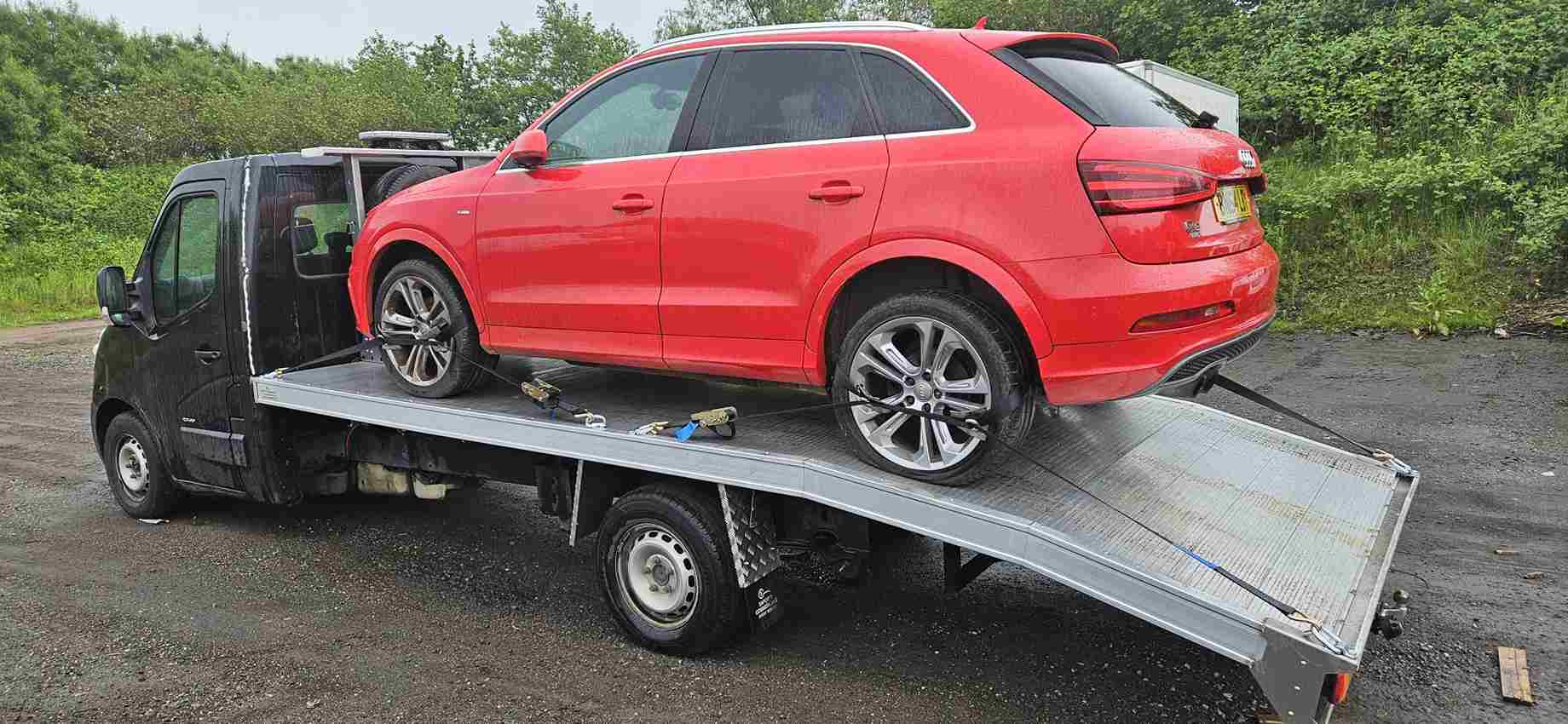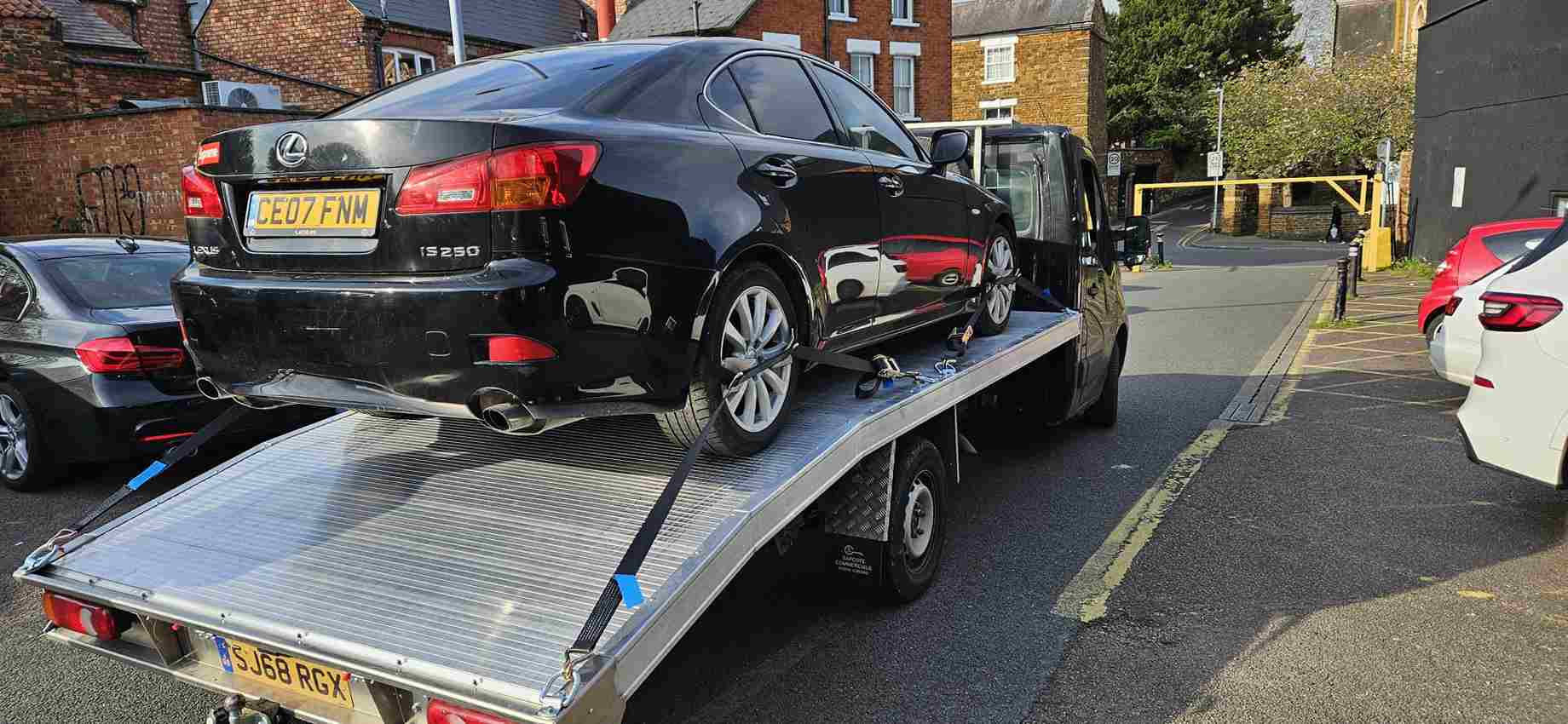Towing capability enhances the hauling ability of your automobile, whether it involves yard garbage, a caravan, a horsebox, or even a different car. However, it should be noted that towing ought to be done securely and legally. And that means you ought to understand how many pounds your car or truck may carry.
The key factor in this matter is weight. Please identify the following capacities: The amount of weight that your automobile is capable of towing, the weight that your trailer is capable of holding, and the combined weight of your automobile and loaded trailer. Consequently, there are implications for licencing too.
Thus, it goes beyond merely connecting your trailer and buying the best towing car. This towing capacity tutorial gives all the information you require concerning towing capacity and the laws governing it for better understanding.
Understanding Towing Capacity and Legal Limits
It is always important to understand your car’s towing capacity, especially when you are towing loads with it. Towing capacity means how much weight a car can tow legally and safely in the United Kingdom—up to 3,500 kg, but few vehicles can achieve this value. The towing capacity can be 0kg, depending on which car isn’t capable of towing because it isn’t certified.
For safety reasons, enclosed trailers without brakes must not be over 750kg in weight. Your trailer’s Maximum Authorised Mass (MAM) is also essential as it refers to the trailer and the load it has to carry. For instance, if the trailer has a MAM of 1,000 kg, that trailer in this example has 250 kg, then it is allowed to carry a maximum of 750 kg of cargo.
Caravans also have their own MAM, the Maximum Technically Permissible Laden Mass (MTPLM), which includes an allowance for extra loads such as luggage and equipment.
It is also important to consider the car’s gross train weight (GTW), which is the weight of all the car’s occupants, the gasoline, and the loaded trailer. The highest GTW in the UK is 6,750 kg, so it must be done legally and safely on British roadways.

How to Find Your Car’s Towing Capacity?
Here are several ways that you can use to look for the necessary information to determine the towing capacity of your car. Follow these steps to ensure you’re towing within your vehicle’s limits:
- Parkers Review: To determine your automobile’s towing capacity, type its name on Parkers, click the specs option, and then scroll to the bottom of the page.
- Owner’s Manual: To determine your car’s towing capacity, you should look at the manual.
- Location of VIN Plate: For example, a part of the VIN could be embedded in the driver’s seat carpet or the passenger door frame, while the other part may be in the bottom of the windscreen.
- Gross Train Weight (GTW)
- Front axle weight
- Rear axle weight
- Calculate Towing Capacity: To determine the car’s pulling power, its MAM/GVW must be subtracted from the GTW.
- Trailer or Caravan Info: For the MAM and payload of trailers or caravans, refer to the owner’s manual or the VIN plate of the trailer or caravan.
Can I Tow Without Training?
It is worth noting that there are no legal requirements to hold a towing license when towing a caravan or a trailer. Still, we suggest people get some instruction, especially for first-timers, in towing or dealing with large trailers such as horse boxes or race car transport trailers.
Towing alters the car’s behaviour, so learning techniques such as reversing while towing can be somewhat complicated. An ideal candidate is a vehicle with a trailer assist, especially the Volkswagen Tiguan, which has this feature.
Most driver training companies and associations, including the Caravan and Motorhome Club, offer towing courses. You should invest in training to ensure your tow safely and without worry to achieve the latter.

Can I Tow a Trailer with My Driving Licence?
Yes, an ordinary car driving licence allows one to tow a trailer. However, due to a change in UK law in December 2021, anyone who took and passed their driving test after 1 January 1997 can tow a trailer without any B+E licence.
Before, they were only allowed to tow something that did not exceed 750kg, while the new regulation allowed them to tow up to 3,500kg. This BE category will be included when you renew your licence the next time if it is not reflected on your licence. Note: No such change occurred in Northern Ireland.
Drivers tested before 1 January 1997 have more variations in their towing allowances. You can tow up to 3500 kg and drive vehicles up to 7500 kg, including vehicle/trailer combinations up to 8250 kg. You can also tow a trailer over 750kg to drive a 17-seater minibus. To get more information, visit the official government homepage.
Is It Possible to Tow a Caravan?
Yes, a trailer can be towed, but it needs to be done with the right-sized caravan and the right-sized car. Hatchback vehicles, including the Ford Fiesta, can only tow lightweight caravans, folding campers, and trailer tents with a maximum mass of 400 kilograms. On the other hand, large caravans that may extend up to 2,500kg and above need strong towing vehicles, which are hard to come by in small cars like SUVs.
A caravan’s unladen weight (UVW) and Maximum Authorized Mass (MAM) are listed in the owner’s manual or on an information plate by the door. If the outfit, including the car or caravan, becomes too heavy, a portable scale or a visit to a weighbridge can help avoid overloading the vehicle.
Before towing a caravan, you should remember that selecting a car with a towing capacity greater than your caravan’s weight would be wise. For instance, if your caravan weighs 1,500kg, then the vehicle that can tow the same can only mean a Kia Sportage or BMW 5 Series, among others.
What is the towing rule of 85 percent?
Although most serious towers follow this rule to the letter, let me state clearly that this is a suggestion, not a condition. Accordingly, the bulk of the caravan one plans to tow should not exceed 85% of the mass of the car they want to drive.
Therefore, since the car technically can tow something much heavier, with a maximum weight of 2,000 kg, you should only tow up to 1,700 kg.

Essential Towing Regulations and Safety Tips
Some of the requirements by law when towing include:
- Speed Limits: Towing is allowed at a speed not exceeding 60mph on motorways and dual carriageways and 50 mph on single-carriageway roads.
- Trailer Width: The maximum width, including the load, is 2. 55m.
- Trailer Length: The maximum measurement is 7m overall length and includes the load.
- Towing Mirrors: If the trailer is wider than the car, it is needed.
- Tow Bars: EU compliant and need to fit in your car.
- Training: Accurate and best suited for first-time towing.
- Registration and Lights: The trailing trailer must have the same number plates as the car and functioning lights and directions.
- Safety Markings: Persons with protruding body parts must be easily conspicuous.
- Secure Loads: Ensure all the loads are properly tied down.
- Legal Compliance: Using your vehicle to tow another unsafely can attract a penalty of up to a £ 2500 fine and cause you to lose 3 penalty points.
Expert Towing and Recovery Assistance
Are you in need of an expert towing or recovery service provider? For professional help and reliable service, contact CVR Recovery.
Whether you need a tow truck for your car or an automotive business, our team is experienced to do the job safely and effectively. Please get in touch with us right now and receive the necessary assistance from our team!
Summary of the Blog
Knowledge of your car’s towing capacities is essential for safe and legal towing. Whether you tow a caravan, trailer, or any other load, know the weight restrictions and legal Regulations.
To find out your car’s towing capacity, read through things such as Parker reviews or check the VIN plate. Most importantly, take a professional course if you don’t usually tow cars. Therefore, with the right knowledge and proper equipment, you can tow perfectly without facing the consequences of the law.
Ensure the weight your car is towing is the optimum fit for it. Consult the manual to find out how much you can tow with your car.

